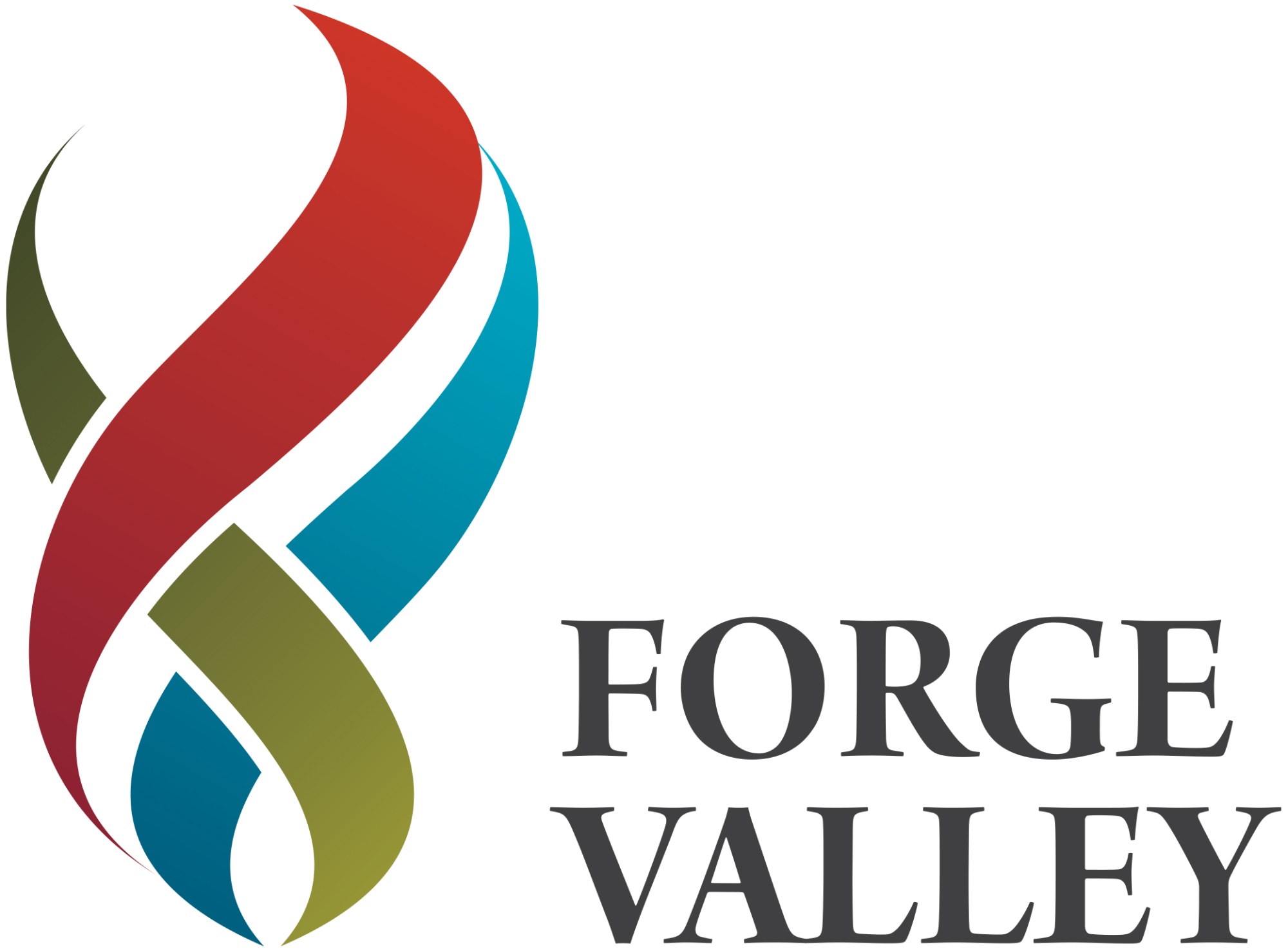Religious Studies
How is the course assessed?
3 exam papers at the end of Y13. Each paper requires students to write 3 essays from a choice of 4
What is the average class size?
Up to 15 students.
Are the teachers specialists in the subject area?
All teachers of the subject are qualified Religious Studies teachers with qualifications in the subject.
How successful have previous students been in this subject?
Our first group through achieved a 100% pass rate with 50% at grade A/B
What other subjects compliment this course?
There are many links between RS and other subjects - any other Humanities subject compliments due to the focus on people and how they live. RS A Level also compliments subjects such as Politics, Sociology, Psychology and English.
Will studying this subject allow me to go to university?
YES! Religious Studies A Level is on the 'preferred subjects' list produced by the Russell Group University.
What careers can the subject lead to?
The skills used in Religious Studies GCSE are transferrable to many jobs such as:
teaching, journalism, law, Humanitarian work, social work, politics, clergy, police, armed forces, business administration, Human Resources, various STEM careers.
Do I have to follow a religion?
There is no expectation that students of this course follow a religion, in fact religious beliefs can sometimes hinder pupils in keeping their minds open to different types of philosophical thought.
Do I have to believe in God?
As part of this course we will examine if God is even a possibility and look at many non-religious world views.
What is the point if it isn't a facilitating subject?
Whilst universities advise that you take at least one facilitating subject at A Level this is purely to keep options open at university. Many courses don’t require you to have any specific A Levels. In fact, Religious Studies appears on the list of Preferred Subjects published by universities.
Would it work with STEM subjects?
Philosophy and Ethics is a course for anybody who has questions about life, death and beyond. 20% of students admitted to Oxford to study maths in 2012 had RS A Level (NATRE). The topics covered in Philosophy and Ethics are also considered useful by those applying to study medicine at university.
Is it all about God?
Whilst there is of course some mention of God, we often look beyond that! The Philosophy component covers ancient philosophical ideas such as those put forward by Aristotle and Plato; Ethics considers views of theist and atheist Philosophers and Christian studies also covers the way Christians behave in society and interact with those of other faiths.
